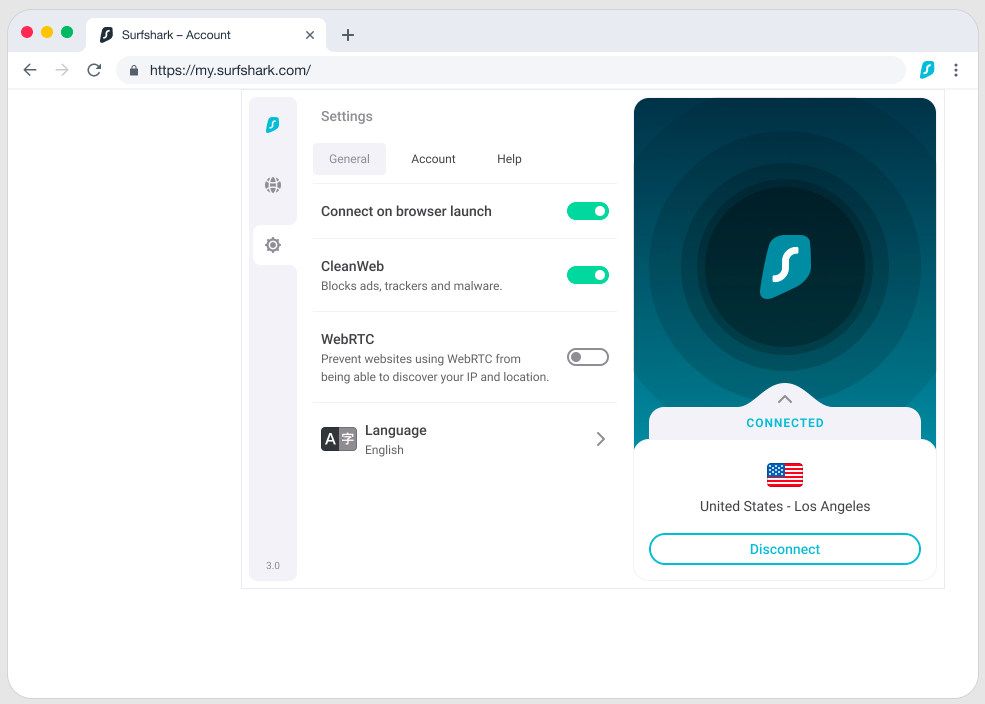The world is turning more Orwellian by the day. Governments and corporations are cracking down on internet privacy. Governments reasons for this crack down is “for your protection”. So laws like the the Patriot Act which was seen as a good thing at a time, cracked down anonymity online through anti money laundering updates through online purchases which meant you have to share your name whenever you buy something online so it can be tracked. But how much do these laws actually protect then hurt us? In our opinion they hurt us way more than protect the American populace. So do any of these laws that block certain anonymity stop you from taking precautions to protect your privacy in certain ways. No they do not.
What is the Patriot Act?

The Patriot Act, short for the USA PATRIOT Act (Uniting and Strengthening America by Providing Appropriate Tools Required to Intercept and Obstruct Terrorism Act), is a law passed by the United States Congress in response to the September 11, 2001, terrorist attacks. It was signed into law by President George W. Bush on October 26, 2001. (Link to full language (Here))
The Patriot Act aimed to enhance the government’s ability to prevent and investigate terrorism by expanding the powers of law enforcement and intelligence agencies. Some key provisions of the act include:
- Surveillance: The act granted increased surveillance powers to intelligence agencies, such as the National Security Agency (NSA), allowing them to monitor communications of suspected terrorists more easily. This included the collection of phone records and internet communications.
- Information Sharing: It promoted information sharing and cooperation among various government agencies, breaking down some barriers that existed prior to the attacks. This facilitated improved coordination between intelligence agencies and law enforcement.
- Financial Tracking: The act expanded the ability of the government to track and monitor financial transactions to detect and disrupt potential terrorist activities. This included monitoring banking records and transactions.
- Border Security: It strengthened border security measures to prevent the entry of potential terrorists into the United States. This involved stricter immigration and visa policies and enhanced screening procedures.
Ways the Patriot acts impairs anonymity online
- The Patriot Act, enacted in 2001, expanded surveillance powers of law enforcement and intelligence agencies in the United States.
- The act allowed for the collection of internet metadata, monitoring of online activities, and access to electronic communications.
- Government agencies could obtain court orders or National Security Letters (NSLs) to access electronic communications.
- The act aimed to enhance counterterrorism efforts by facilitating information sharing and cooperation among different government agencies.
- The increased surveillance powers raised concerns about potential infringements on online privacy and anonymity.
- The act did not specifically target online anonymity or made it illegal to buy a burner phone but created provisions that could potentially impact it.
With all that being said what is legal in what you can do protect your privacy online?
Is it illegal to buy a Burner Phone?
One of the best ways to secure you anonymity is buying a phone that is not connected to you in any way making your communication untraceable to you. Is it illegal to buy a phone this way? No it is not. In this article we discuss how you can get a Burner Phone and what is the most secure way in doing so. (Here).
If you are looking for more protection of your data we suggest reading this article (Here) about Air- Gapping your laptop or computer.

